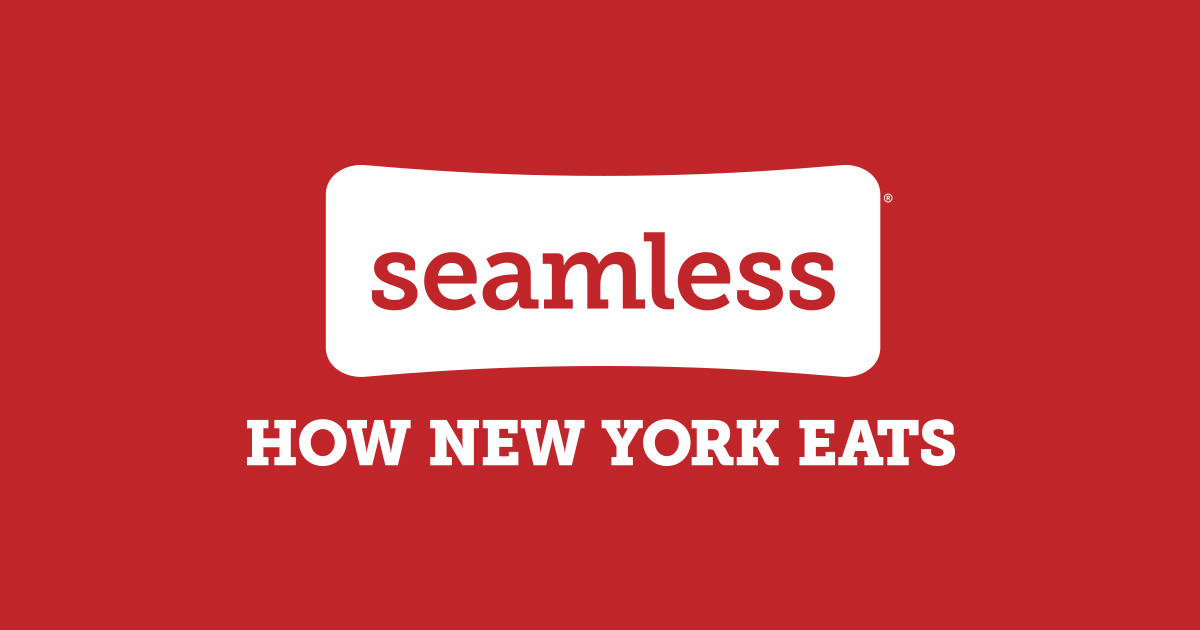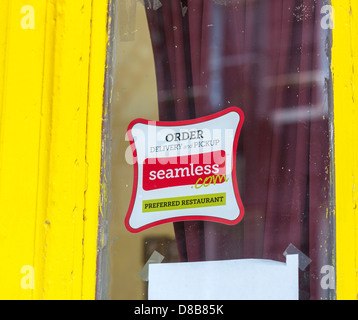


But over the years, third-party delivery has grown to account for as much as 30 percent of his sales, as existing customers - those who used to eat at the restaurant - have started using Seamless instead. Bathwal did not have a large-scale delivery operation when his chain signed up with Seamless, and he said the service had initially brought him new business. “The incremental sales and traffic with higher average checks more than offset commission rates,” she said.īut that has not been the experience of Anil Bathwal, who runs the Kati Roll Company, a New York-based chain specializing in Indian street food. Katie Norris, a Grubhub spokeswoman, said the service drove “incremental sales” - bringing in customers who would otherwise stay home and cook.

The major delivery companies have long argued that apps expose restaurants to new customers, allowing small businesses to tap into a network of tens of millions of online users and to benefit from the advertising muscle of multibillion-dollar companies. Although most customers place delivery orders by tapping their smartphone screens, Grubhub allows users to make phone calls through the app, and Yelp listings often include a Grubhub phone number alongside a restaurant’s direct number. Senator Chuck Schumer of New York has called for a federal investigation into widespread complaints that Grubhub charges restaurants fees for phone calls that do not result in orders. The service also faced criticism for its recently discontinued practice of creating web domains for the restaurants on its platform. In June, during a four-hour hearing of the New York City Council’s small-business committee, restaurant owners complained about the high commissions charged by Grubhub and other third-party delivery apps, which usually range from 15 to 30 percent. “Eat Like a True New Yorker,” one subway ad declares.īut while the delivery giant Grubhub, which owns Seamless, seems to have plenty of affection for New York, that feeling may no longer be mutual. Seamless, the food delivery service started two decades ago in Midtown Manhattan, calls itself “the most New York app in New York.” In advertisements, the company cracks jokes about the L train and takes unsubtle jabs at New Jersey.


 0 kommentar(er)
0 kommentar(er)
